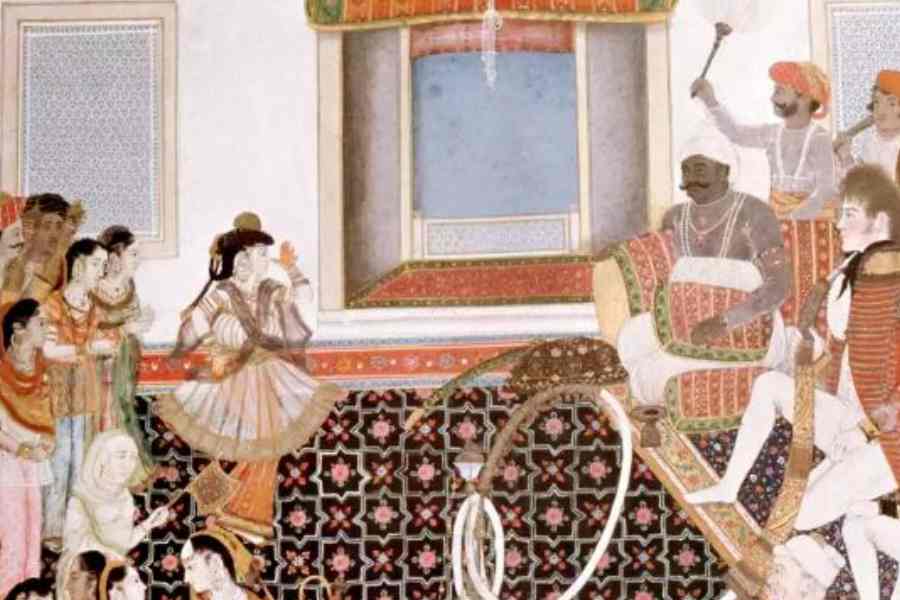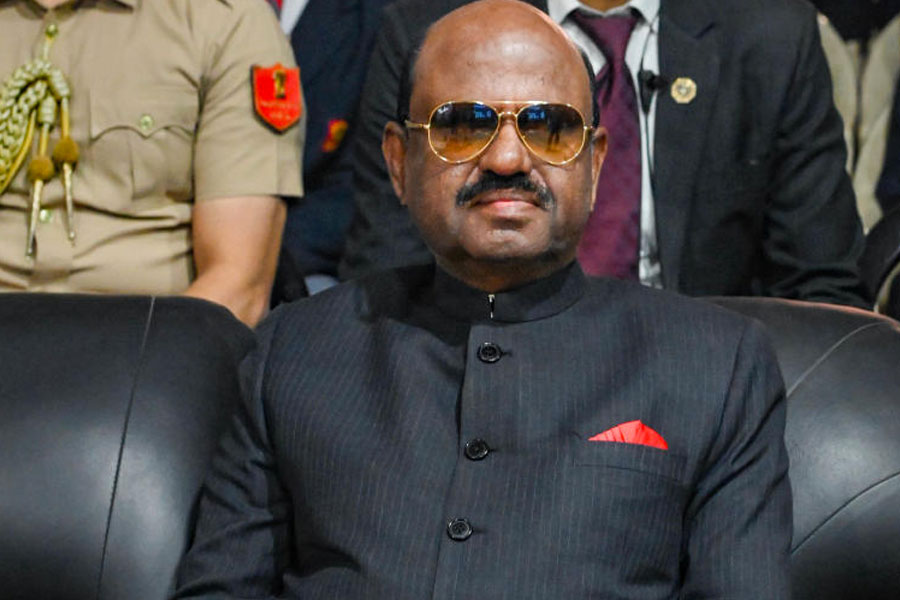Business, especially the money it generates, plays a vital role in politics. However, with some exceptions like Donald Trump, the former president of the United States of America, business people are elected to positions of political power only occasionally. Money alone cannot assure political success, although it brings power and value. The iconic film, Citizen Kane, portrays this aspect of American life through the protagonist's phenomenal success in business but dismal political failure.
Business is vital for economic growth and can be seen as a barometer of the evolution of society, especially in India, which is currently witnessing rapid development. Therefore, understanding the relationship between business and politics is essential. While using politics to enhance business can be advantageous, it can also work the other way. Today, many believe that political power can improve business, and historical evidence supports this view.
However, a close study of the long duration, spreading over a few centuries, of the East India Company's relentless rise and subsequent fall can reveal a different story. It can shed new light on our understanding of the relationship between business and politics.
The history of the Company can be broadly divided into three phases. In the beginning, like any other business, the Company was only confined to trade and profit-making. The business was expanding well and the profit margins were generous. Nutmeg was cheap. Ten pounds of nutmeg cost less than half a penny, and 10 pounds of mace less than five pence. These sold in Europe for £1.60 and £16, respectively.
The Company earned considerable profits overcoming tough competition, difficulties in adjusting to the climate, and health problems. The focus was on an area the business people were familiar with — expanding the trade by adding new products like tea and linen. During this time, the Company was not interested in politics and focused mainly on profit-making.
This largely conformed to the conventional business practices that were initially followed by the Company. Developing a sense of belonging and inculcating an attachment to places and people were discouraged so as to keep the pace of expansion going. It required moving quickly to seize opportunities to profit wherever they arose.
The interesting question is this: would India have been colonised by the British if the Company had restricted its activities to trade? What were the developments in the Company's business model that made the British take a political interest in India, paving the way for a colonial takeover?
While the Directors of the Company admitted that their business was only trade and security, not conquest, they also cautioned that “yet we dare not trade boldly or leave great stocks where we have not the security of a fort.” Renting premises is different from owning a property to conduct business in. The Directors made a decisive shift in policy that accrued enormous profits in the immediate aftermath but eventually proved suicidal. Retrospectively, this provided a crucial turn in deciding the predicament of the Company.
In this second phase, the Company started acquiring territories and building factories and forts across India, first in Surat and, later, in Masulipatnam, Madras, and Calcutta. Although this was done to promote trade, the acquisition of territories strayed outside the domain of trade. It attracted the attention of the British Parliament and the Crown, prompting them to take over the reins of the Company.
Had the Company restricted its activities to trade, this third phase of the British takeover of the reins may not have come about. While the developments in phase two undoubtedly led to the Company’s exponential growth, this expansion subsequently contributed to its ultimate demise.
So there are two lessons that we can learn today from the Company. While politics can help in the growth of profits in the initial phases, it can also be destructive to business interests in the long run. The followers of John Maynard Keynes, believing that “In the long run, we are all dead,” grabbed opportunities for promoting business interests through politics. However, this focus on present and immediate results underplayed business’s importance for the future. It is essential to recognise that business is not only for or by the individual but also for the benefit of future generations. Factoring in the welfare of future generations is a good investment, as is refraining from straying into domains like politics.
Each profession has its internal and external domains. Business has both internal and external aspects. This includes supply-demand, the arrival of new products, changing consumer tastes, investment, and revenue. An ideal company, while looking at the outside, like the five bodily senses positioned towards the outside, needs to simultaneously relate to the mind that belongs to the inside.
The history of the East India Company underlines a crucial lesson. Businesses need to remain within the boundaries of trade and not meddle with politics despite any short-term losses and inconveniences if they are to survive in the long run. Else, not only will politics be vitiated by the ultimately corrupting influence of money flowing in from business but it will also be self-destructive for the business itself.
A. Raghuramaraju teaches Philosophy at the Indian Institute of Technology Tirupati










